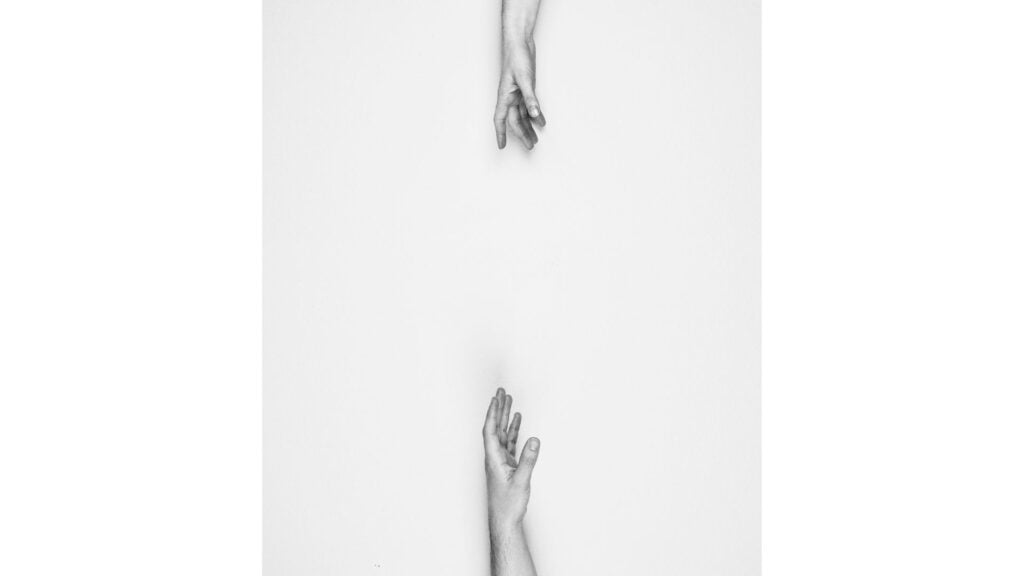All that has happened in the past few days has deeply affected us as individuals and as a society. The shooting at the school in Vracar has stopped us all and left us with one big “why” and a thousand answers that only open up new questions.

And yes, we ask why this happened and how to prevent it from happening again. There are many speculations regarding the mental state of the perpetrator and his motivation, thoughts on various family and contextual factors that contributed to this. It’s entirely logical, normal, and useful to ask these questions. Of course, there isn’t a single clear answer as to how this happened, and we may never know all the factors that led to this tragedy. What we can assume is that the boy who did this was not a happy, content child. Personally, and as a professional, I’ve been thinking about the situations where someone could have noticed that this child was seriously not doing well. And not just his parents, but many other people and institutions were in contact with this child.
This child was once three years old, five years old, seven, ten, twelve… He went through preschool, through school, through pediatric check-ups, through various extracurricular activities, through interactions with children, neighbors, relatives, coaches, teachers, and various other adults. And it seems that unfortunately, no one noticed that this boy was feeling bad, probably for many years. Whatever was happening in his head, he found a “solution” to what was bothering him. The worst possible solution, which of course is not a solution. If it had been recognized in time that he had a problem and if he had been given adequate support and help, maybe he could have found a better solution that wouldn’t have resulted in this tragedy.
And that’s why it’s very important to ask ourselves what we can do to prevent something like this from happening again tomorrow. It’s important to pay attention to all children who are suffering, who quietly or loudly tell us that they’re not well, who don’t fit in, who are aggressive towards others or themselves. It’s also important to observe children’s well-being beyond academic success. Sometimes children who are good students seem fine to adults because they manage to perform everyday activities and school tasks.
During adolescence, there is a lot of self-harm, eating disorders, suicide and suicide attempts, substance abuse, violence against peers, physical, psychological, and sexual violence. Sometimes to adults, children’s problems seem trivial, and they have the idea that children will easily overcome everything. Of course, most children eventually manage to cope with all the challenges of childhood or adolescence, but they definitely don’t have to go through it alone. Some children, lacking adequate psychological mechanisms and ways to regulate their difficult emotions and problems, take their own lives. Some, like in this case, harm others. Unlike adults, they have little life experience and haven’t yet developed good coping mechanisms.
It’s important not to turn a blind eye. Not to assume. And just because they’re quiet doesn’t mean they don’t hear and don’t need help. Sometimes when children enter puberty, they start dealing with things they didn’t have the capacity for at younger ages. They’re older now and feel more powerful. They see their parents more realistically and the adult world as a whole. They confront parents, authorities, and often more proactively face things that troubled them before. You may wonder how a child can cope with sadness or fear by cutting themselves? You may not understand why they secretly vomit after eating. You may not understand why they want to take their own lives because of an argument with friends or a boyfriend/girlfriend. Even if you don’t understand, it’s important first to recognize that they’re not feeling well and to offer them support, and if necessary, professional help.
And finally, it’s important to know that we’ll never have a single answer to explain this tragedy, that a child shot other children. We’re left wondering what we can do better from now on.
If you’re a healthcare worker, educator, teacher, neighbor, uncle, aunt, sister, parent of your child’s friend, grandparent, psychologist, relative, librarian, coach, but above all, a parent… watch and listen to children, your own and others’, don’t turn away. Be that good cog in their system.
Sincere condolences to the families of the victims and their friends.

